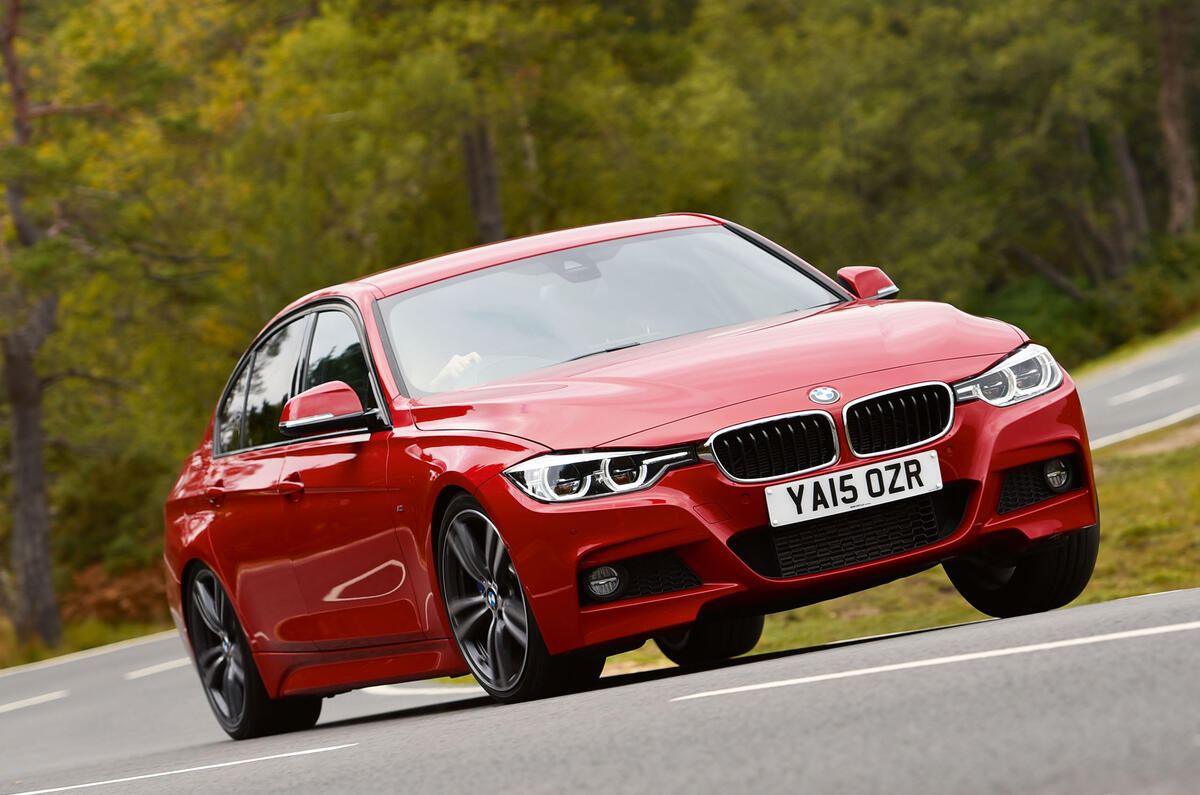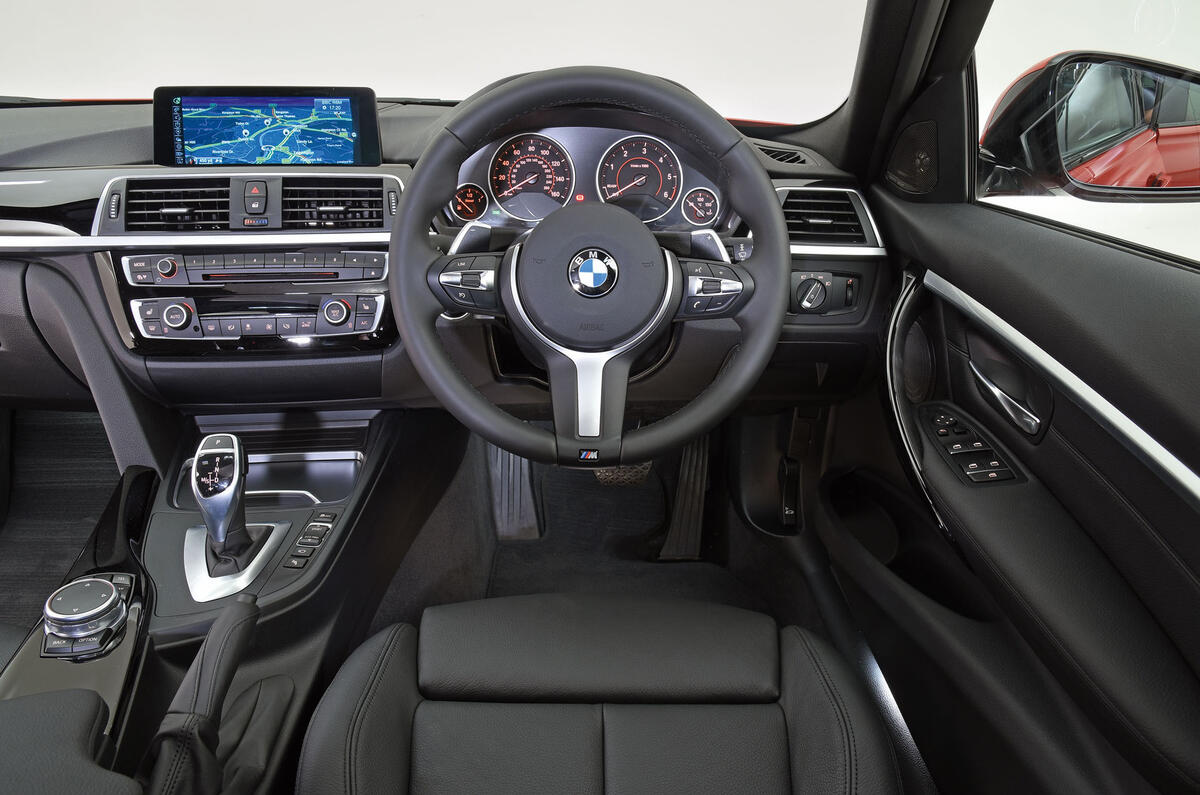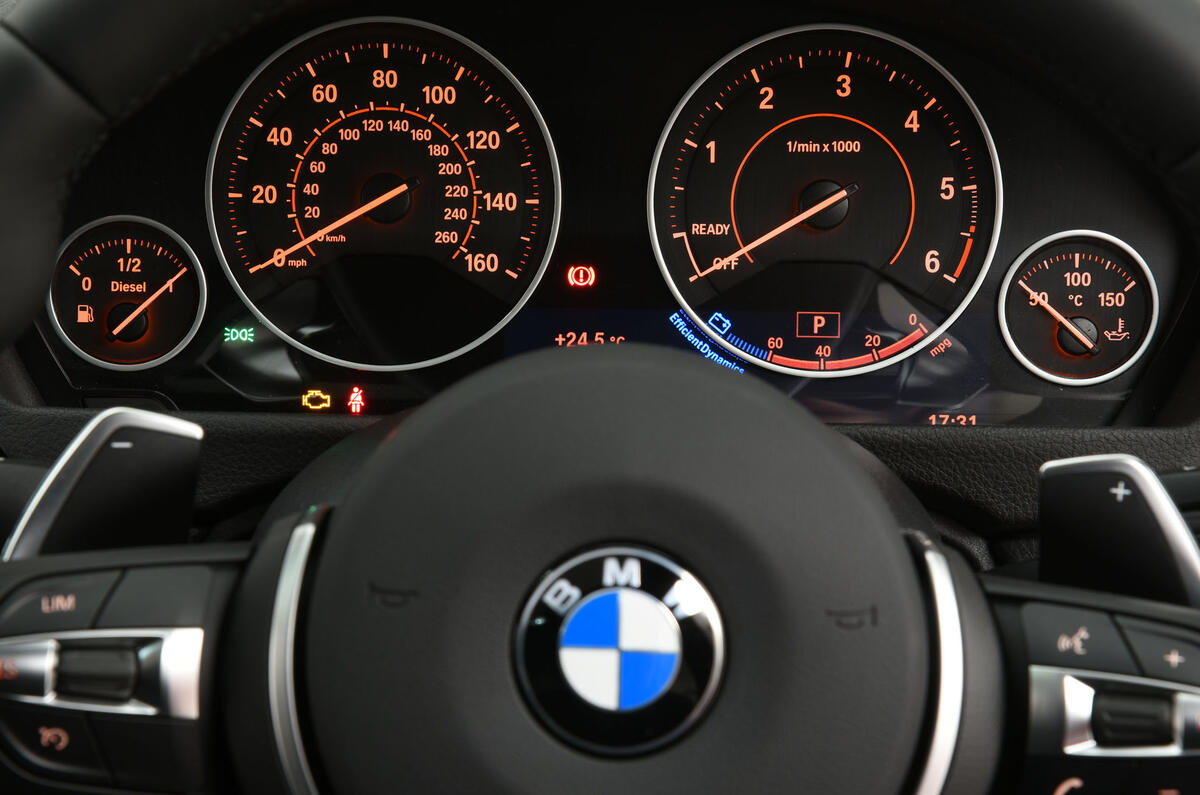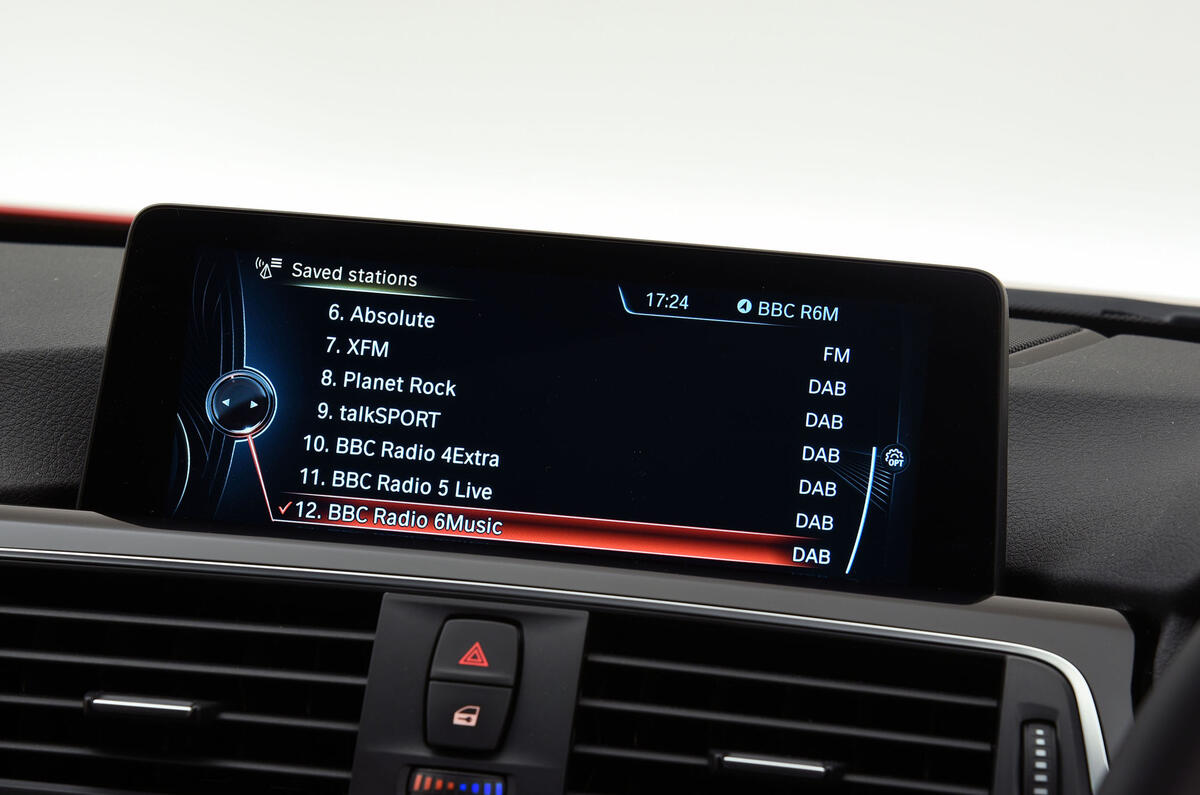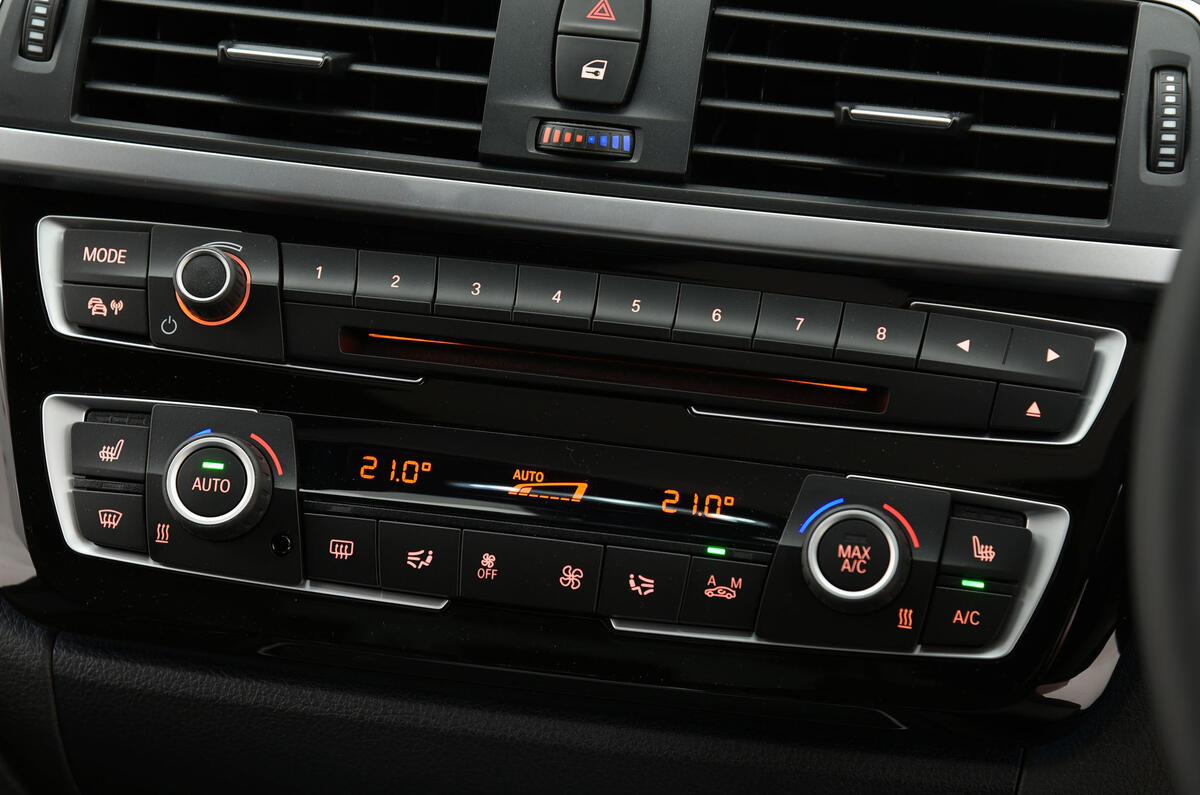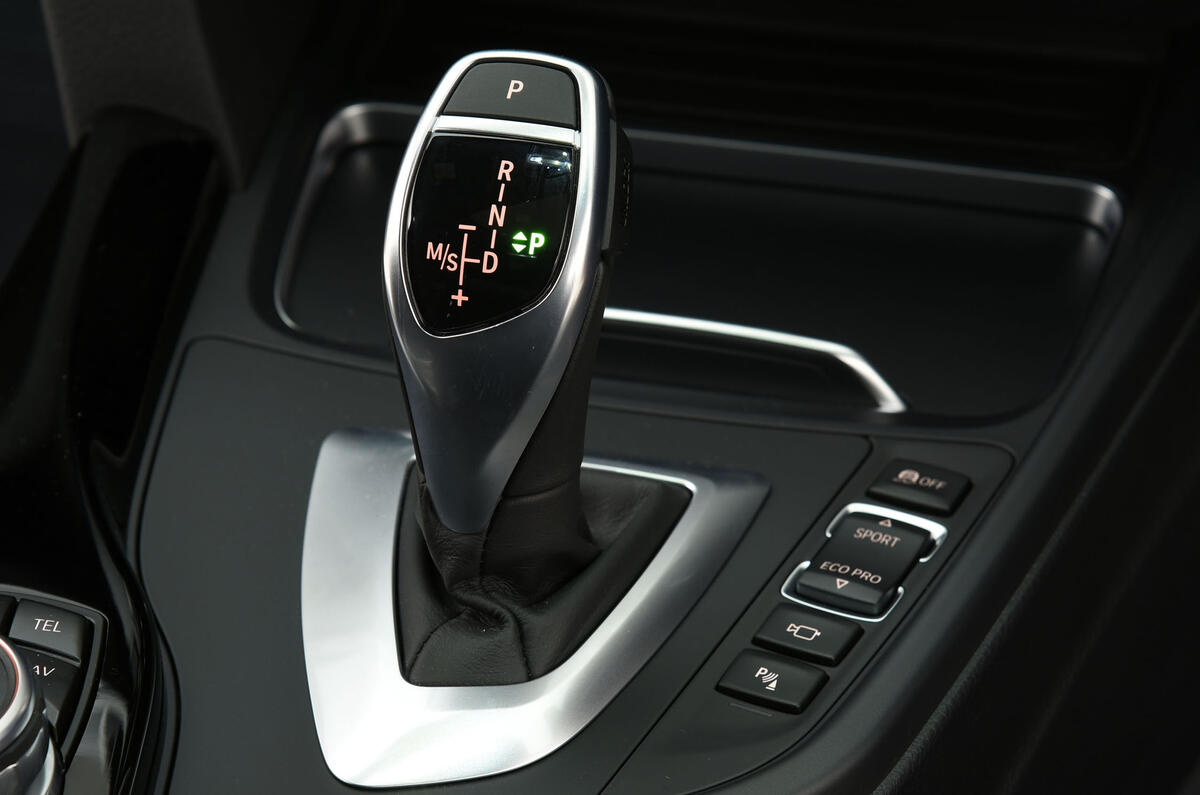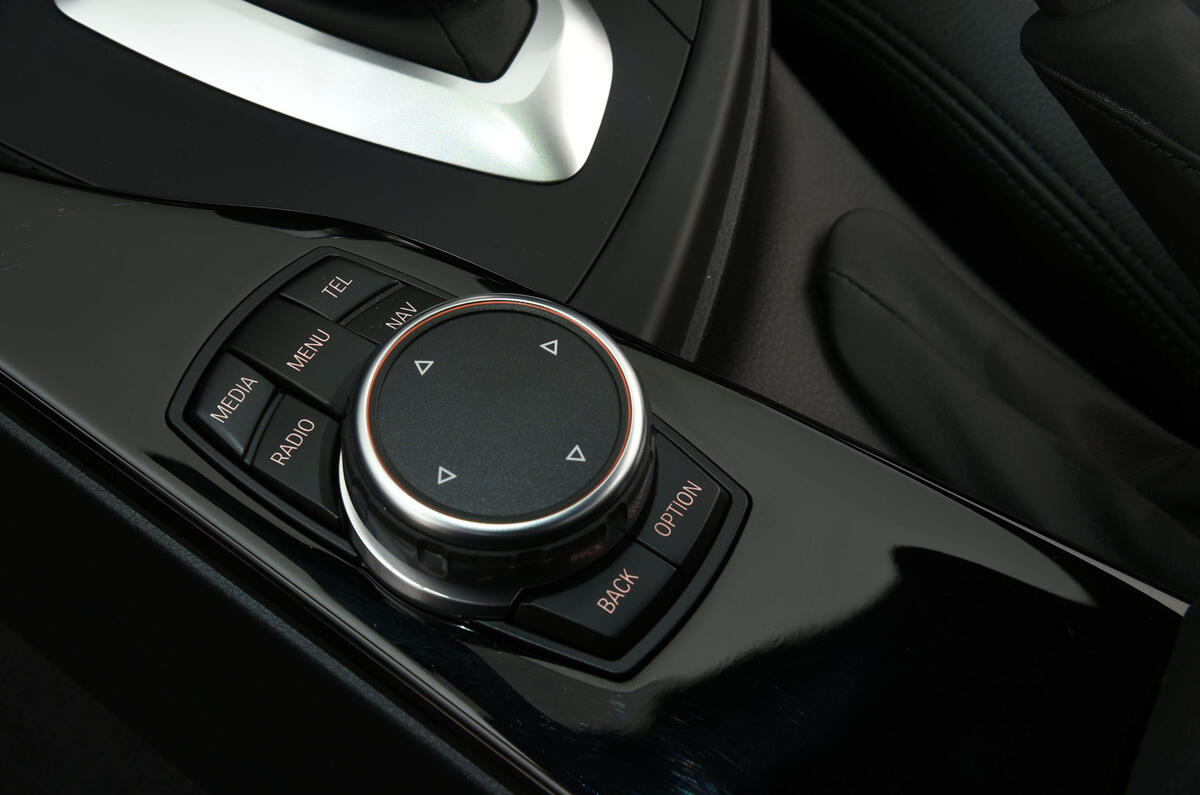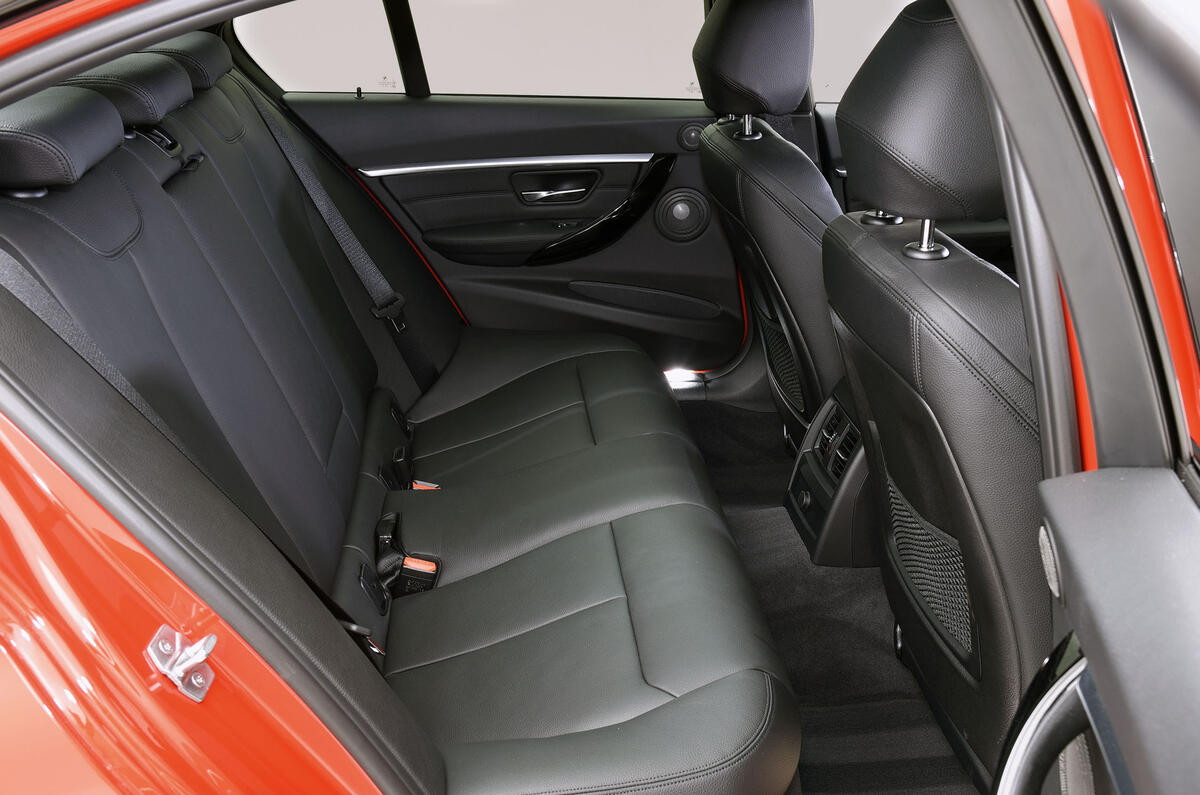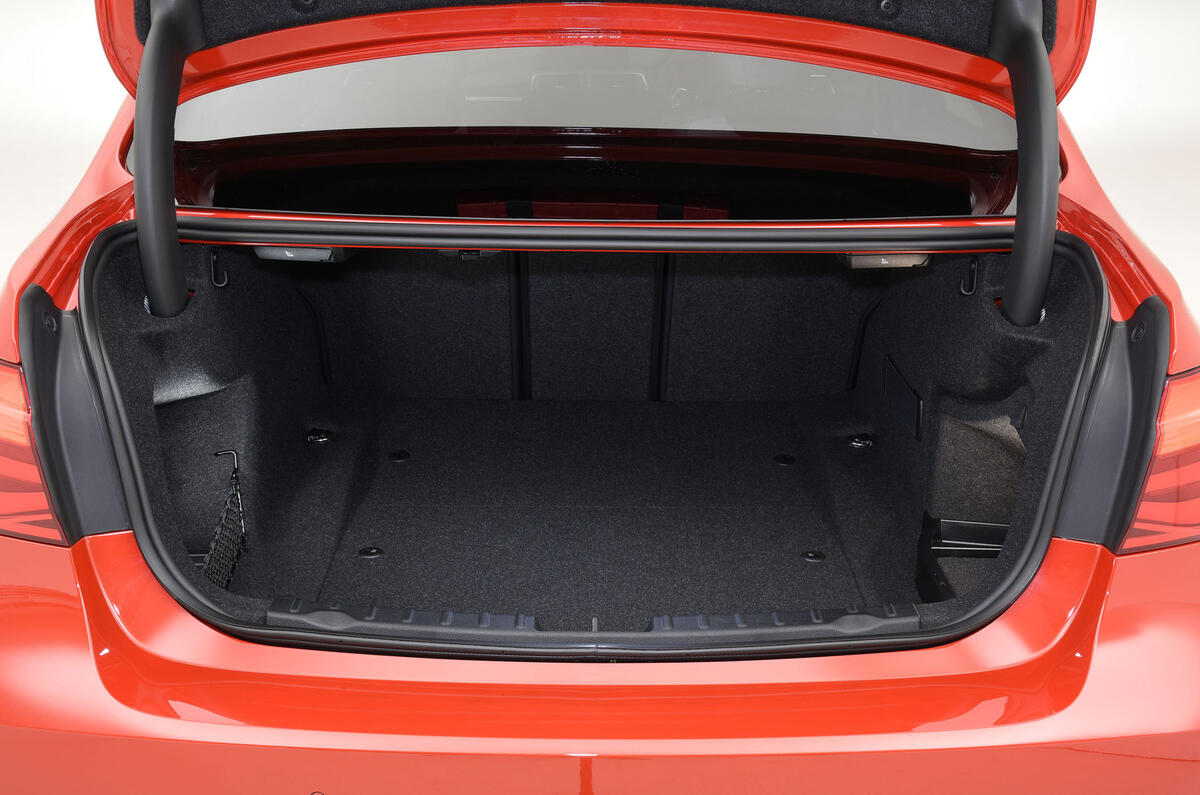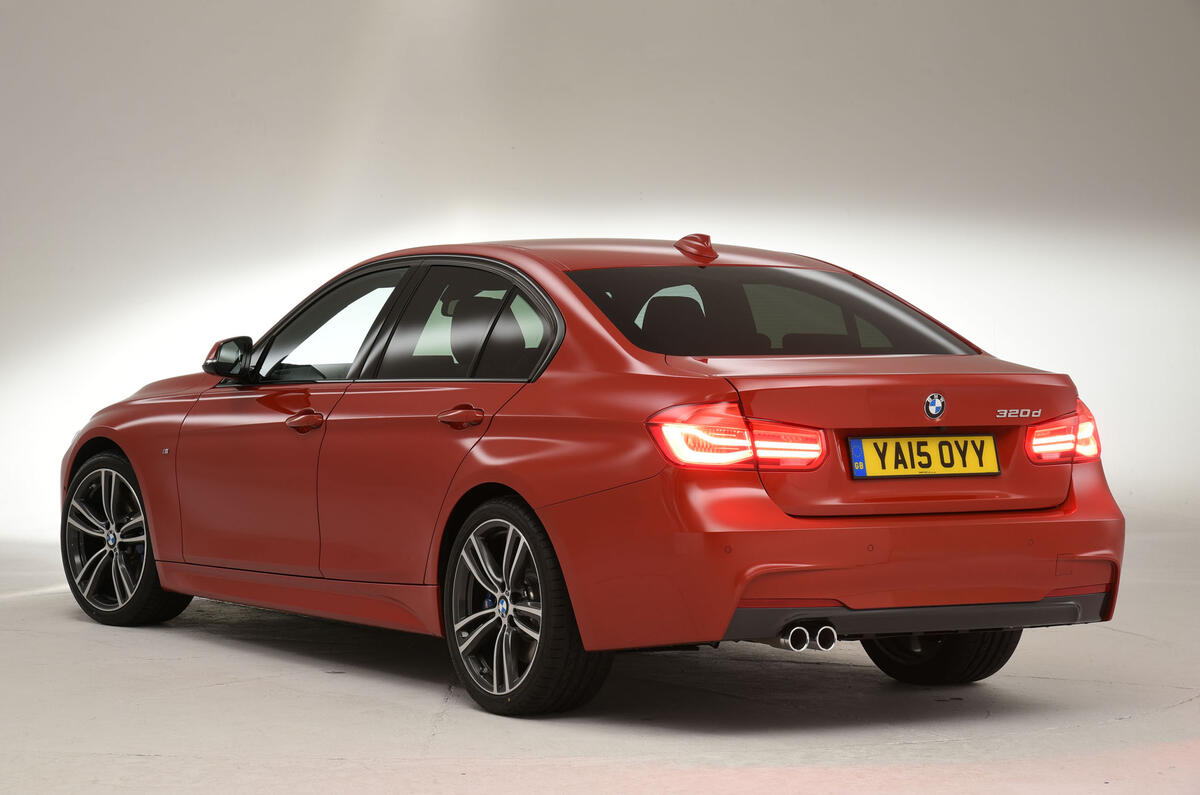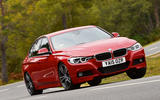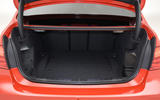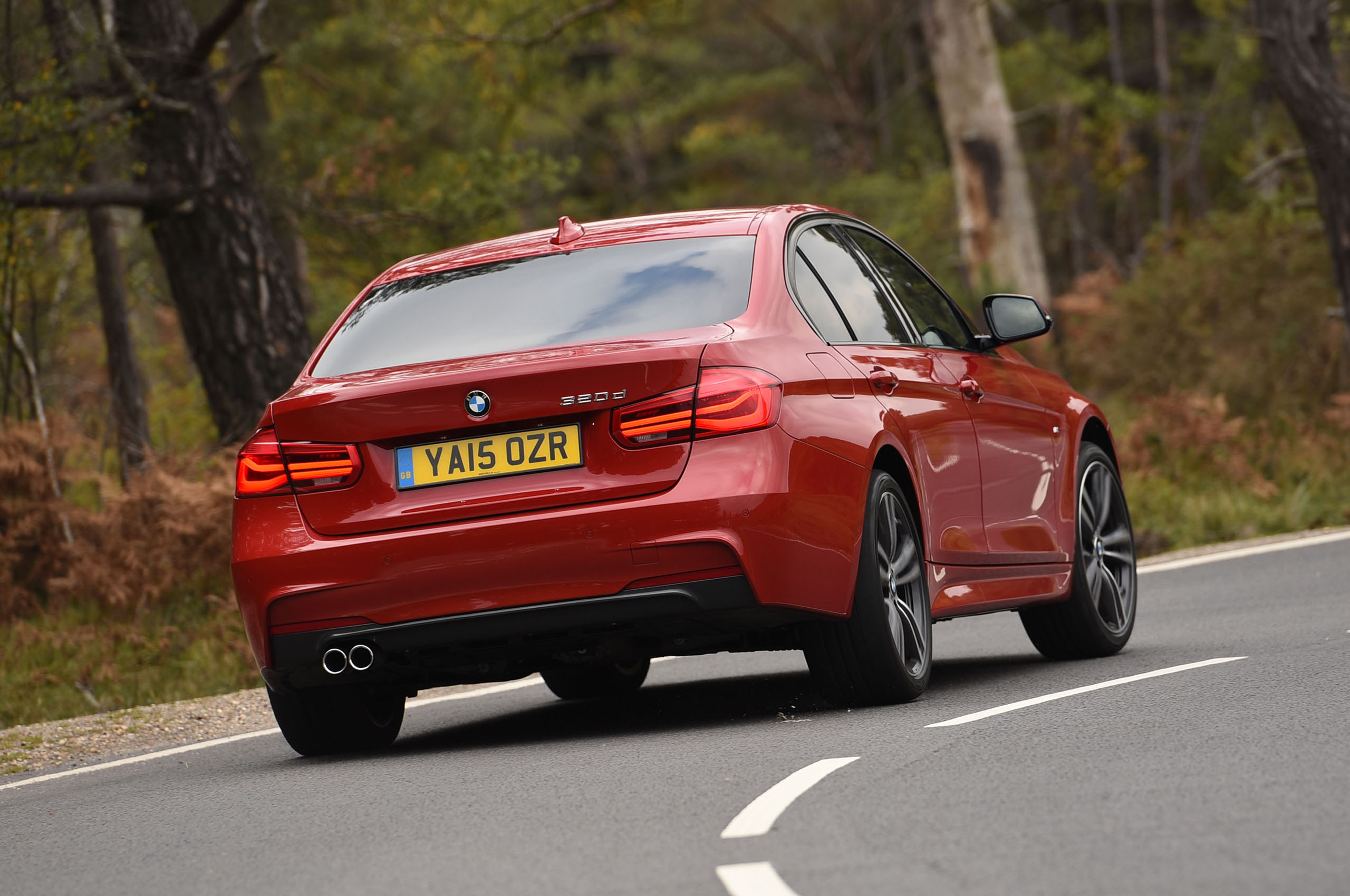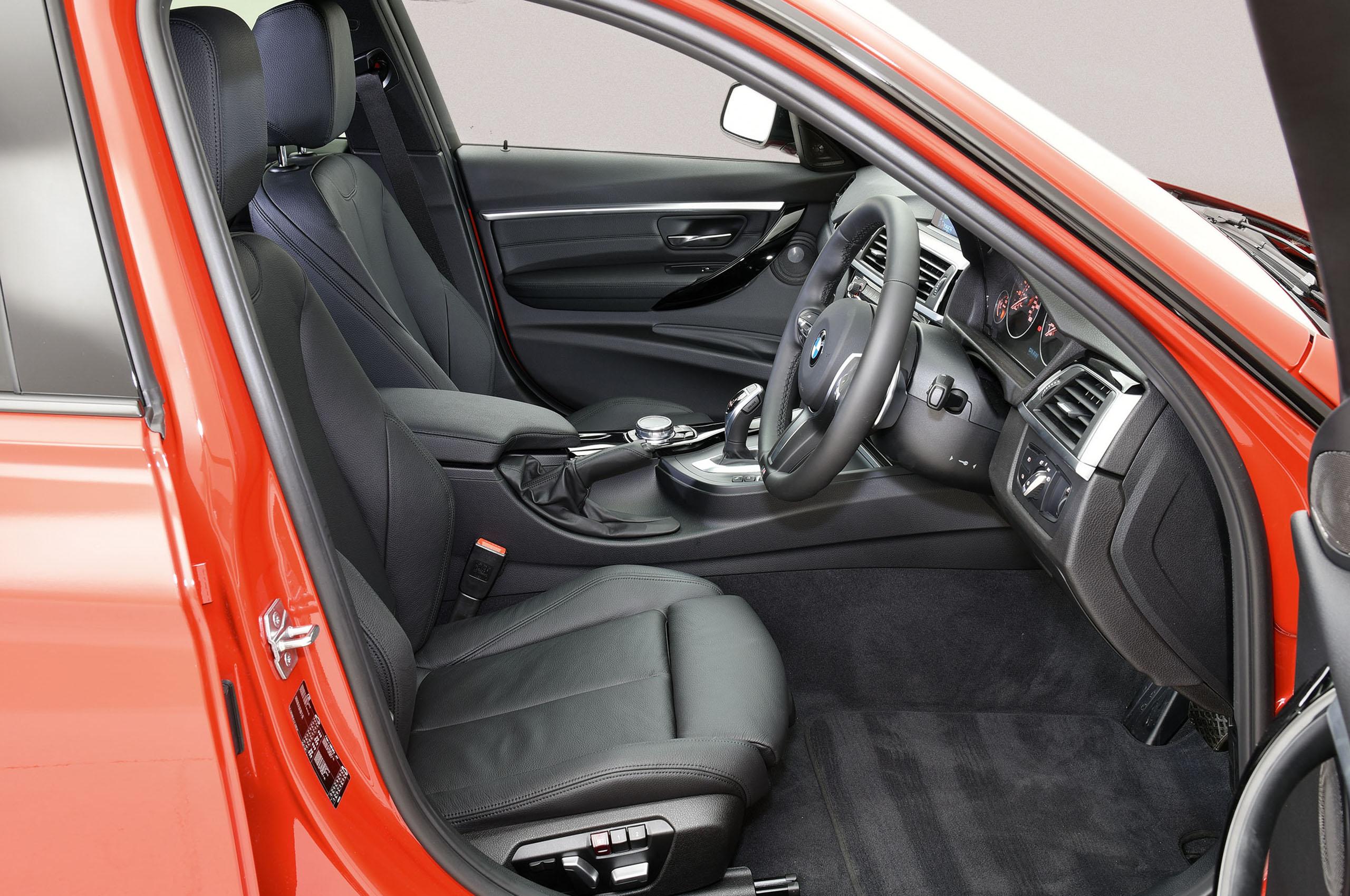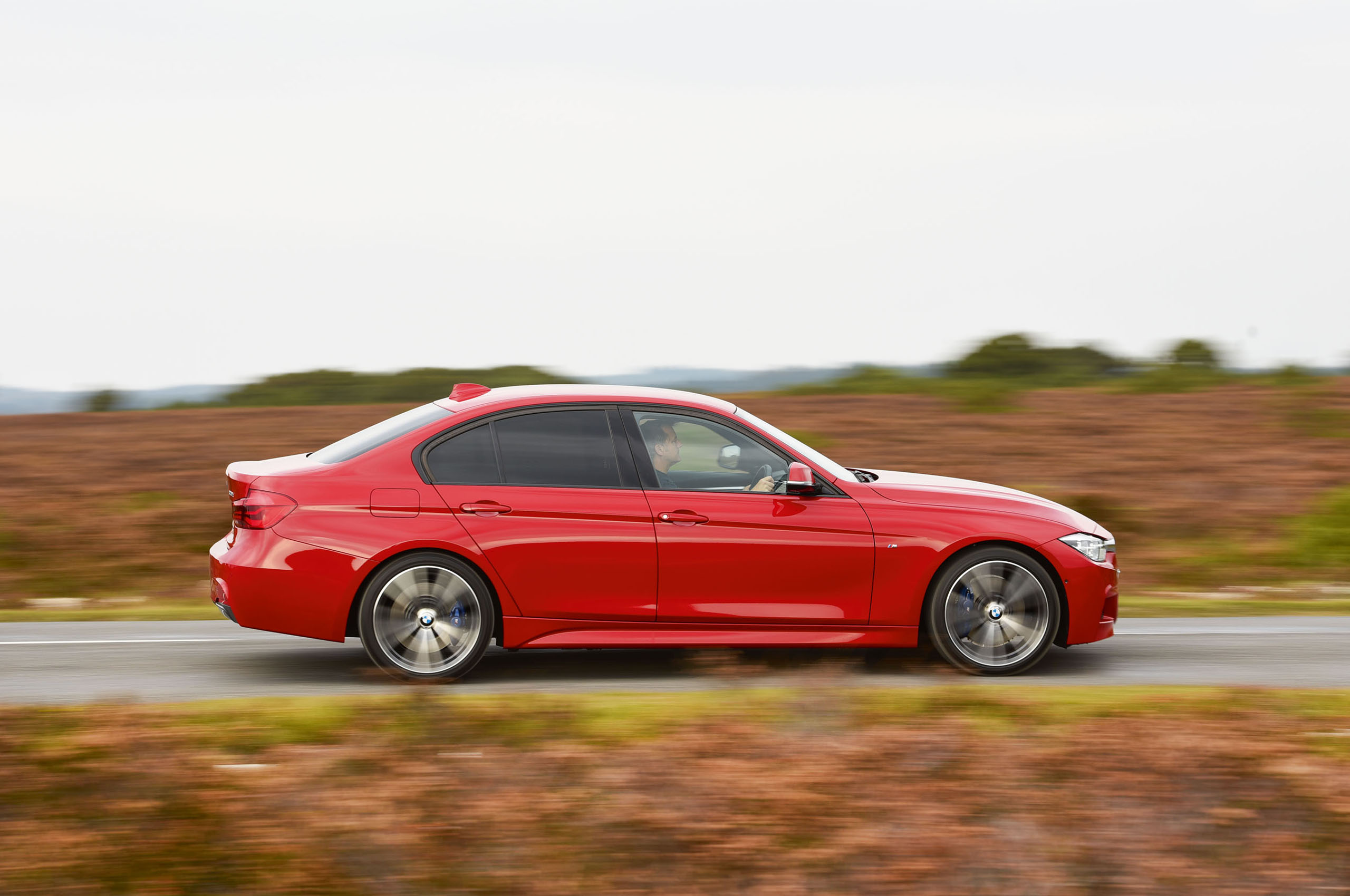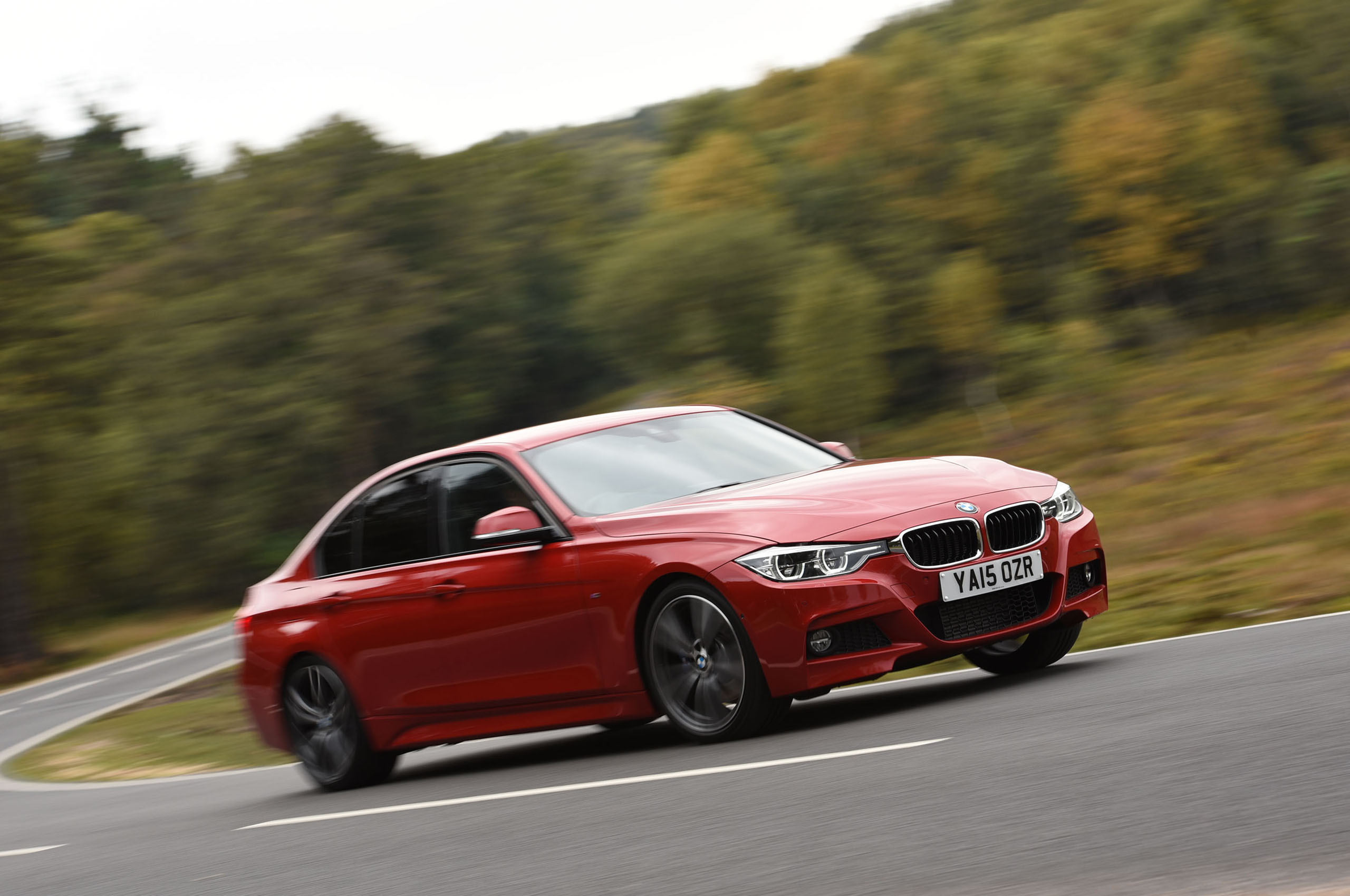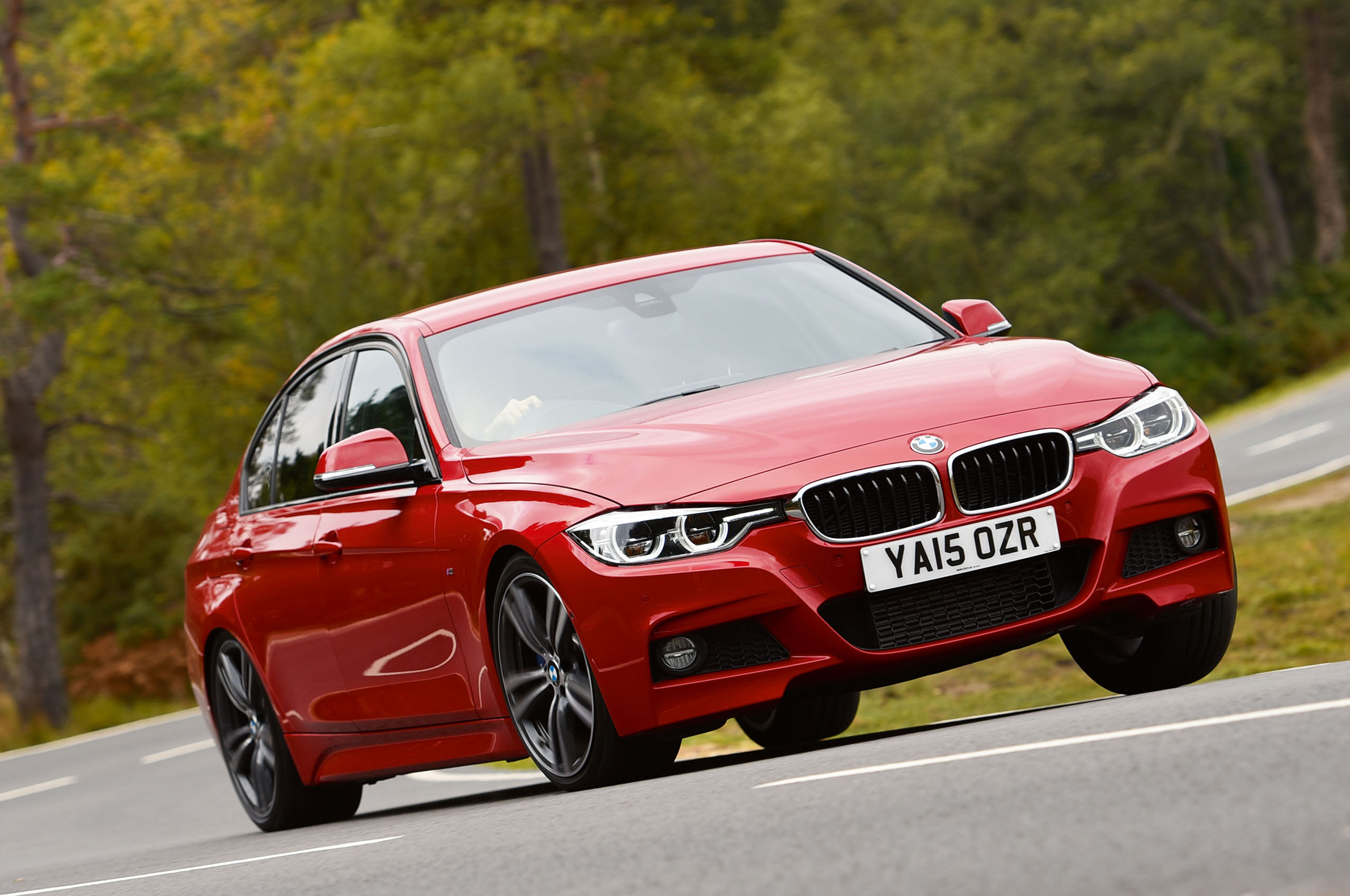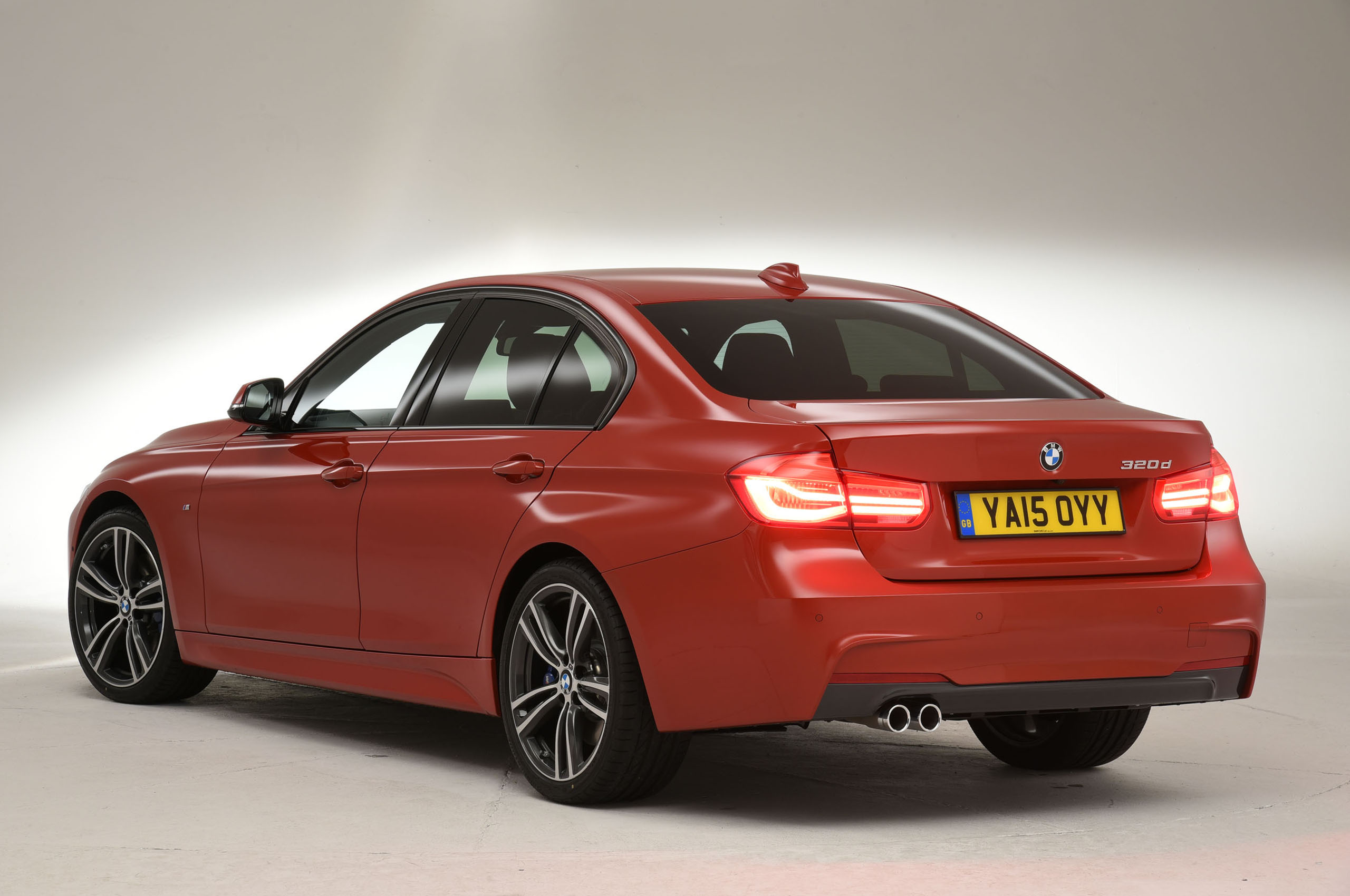You’d not be wrong to call it like a BMW, only more so. As ever, BMW has avoided the temptation to go for a luxury feel in either classical vogue like a Mercedes or of a more modern bent, like an Audi.
Instead, the interior design concentrates on proliferating the sense BMW would like you to have that all its cars are strong of limb, clean cut and functional to the last. So what we have here is a pared-back, simple approach to cabin design, long on ergonomic efficiency, and short on gimmicks and trivial surprise and delight features.
The driving position is impeccable and offers a vast range of seat and wheel adjustments. The central display now offers a 6.5in colour screen, on which all functions operated by the now world-class iDrive control system are displayed.
Even first-time users will find the system easy to operate, while those familiar with iDrive's ways will find it so intuitive that it can be used almost without conscious effort or thought as to which button to press or direction in which to push the controller wheel. The 2017 iDrive update saw a slick new interface added to the infotainment system and a numerous new online connectivity options, including the ability to stream music directly from Napster, Amazon Music, Deezer and Spotify, alongside numerous BMW tools to make you life easier.
All the extra space between the wheels has been dedicated to providing those in the back with some much-needed extra room. The front seat package has therefore hardly changed at all, while long journeys in the back are now if not exactly to be savoured, then certainly no longer to dreaded by anyone up to and including averaged-size adults.
The awkwardness comes when deciding which trim suits your needs best, with five trim levels and a host of optional extras it is quite easy to get carried away with the multitude of configuration options. There are six levels on offer: SE, Efficient Dynamics Plus, Sport, M Sport, M340i and M Sport Shadow Edition.
As standard, SE trim gets 17in alloy wheels, dual-zone air-con, DAB radio, Bluetooth, multi-function steering wheel, cruise control, rain-sensing wipers and sat-nav. Sport grade adds numerous sporty touches, including lots of red trim, gloss black exterior trim and sports seats.
M Sport models are fitted with unique 18in alloys, M Sport suspension, a more aggressive bodykit and M Sport seats, alongside added luxuries such as a Dakota leather upholstery, LED head and foglights, a rear armrest with built in cupholders as standard. While those who crave a six-cylinder engine in their lives can opt for the M340i M Sport which gains a twin chrome exhaust system, an eight speed automatic transmission complete with predictive gearshifts based on sat nav data, and a metallic paint job. The M Sport Shadow Edition trim adds 19in grey alloy wheels, tinted brake and headlights, dark chrome exhaust pipes, high-beam assistance, a Harman Kardon stereo system and an M Sport braking system to the 3 Series.
The Efficient Dynamic trims get more luxuries than SE spec with a focus on improving economy. The Plus and Sport models gain heated front seats, leather trim and low rolling-resistance tyres. Completing the standard 3 Series range is the 330e iPerformance, which gets all the equipment found on 320i models plus all the charging cables, BMW's eDrive Services, front and rear parking sensors, and numerous specfic hybrid touches such as blue interior lighting and badging.
Topping the range is the muscular BMW M3, which is split in two trims - standard M3 affair and Competition Pack attire. Standard M3s get 19in alloy wheels, an active differential, adaptive suspension, a carbonfibre reinforced roof, a rear spoiler, LED head and rear lights, parking sensors, auto headlights and wipers, and a wireless charging cradle. While the Competition Pack models gain 20in alloys, competition focussed springs, dampers and anti-roll bars, a sports exhaust, a improved audio system and 18bhp power increase too.


